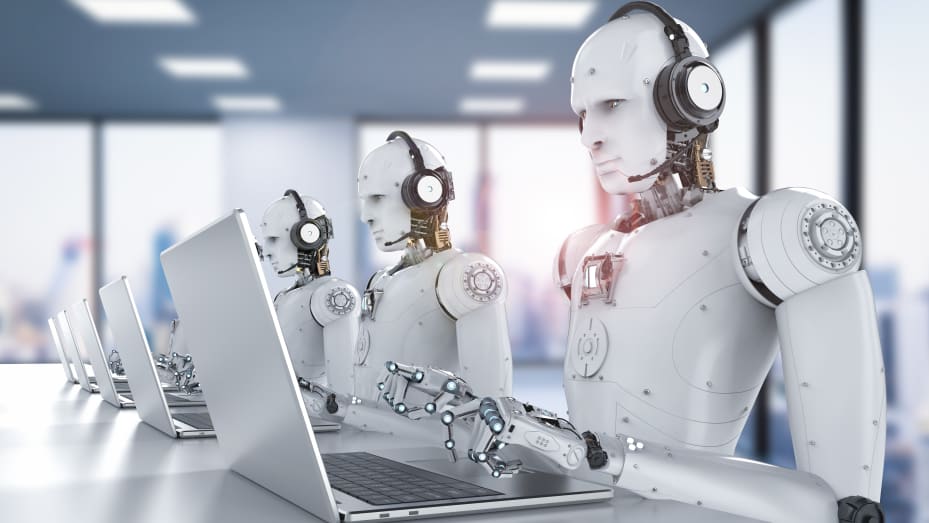Many of us who did not have financially well off parents or who felt financially responsible for themselves, worked while we were attending college, especially to avoid receiving government grants that had to paid off.Personally, I spent a couple of years in the military during the Vietnam War and used the GI Bill to supplement the cost of tuition as it increased from year-to-year.
There is also the feeling that if you have to pay for your own college education, not only will you learn more, but your grades will reflect that you have learned more... whereas, if someone else is paying, you do not have the same incentive to do well.
HOWEVER,
there is a more menacing issue here with free college education that has nothing to do with money... it revolves around the retention of knowledge and the difficulty of acquiring that knowledge.
For Example,
In 1980, I was awarded my MBA after passing with at least a "B" 60 hours of college credit.
In 2020, a student can receive their MBA after passing with a "C" only 30 hours of college credit.
Instead of education becoming more rigorous, it has become less rigorous and my concern is that if education is now free for ALL regardless of their intellectual capabilities then, in order to received Government monies, eductors will DUMB DOWN education even more and make sure EVERYONE PASSES...
This is EDUCATIONAL MALPRACTICE and our society is going to pay the price for it when we try to complete in a global marketplace with international graduates who have pass rigorous academic standards at their schools...
WHAT HAVE WE DONE TO OURSELVES???








